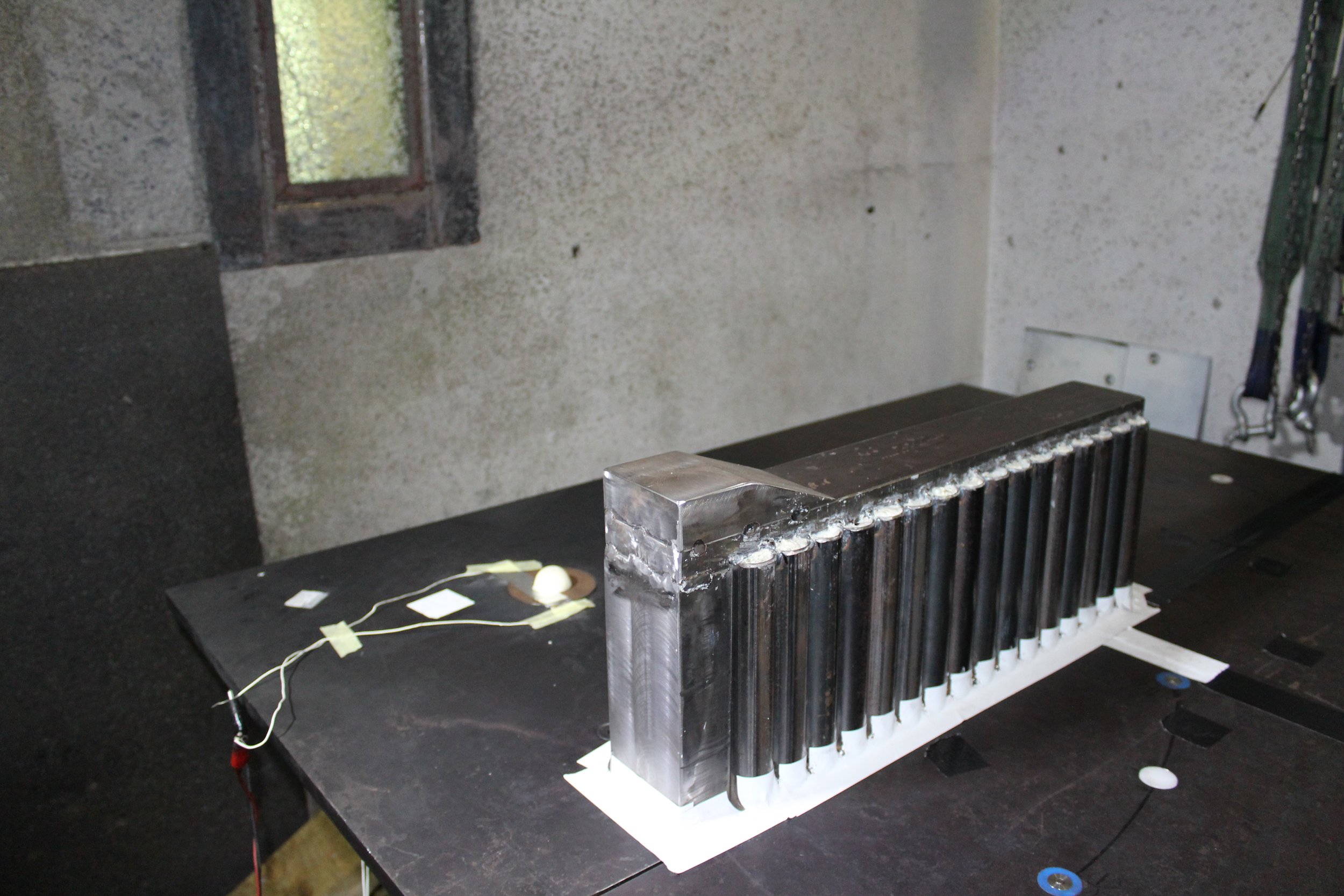WUN-RDF Project
Building capacity to understand and improve urban resilience to blast threats: A comparative analysis of the 2020 Beirut explosion
Status: Active (January 2023-present)
Funder: Worldwide Universities Network (WUN)
On 4 August 2020, approximately 2750 tonnes of ammonium nitrate stored in the port of Beirut ignited, causing a large-scale explosion, equivalent to an estimated 0.50-1.12 kt TNT. The blast caused extensive damage across large parts of the city, resulting in at least 200 deaths, over 6,000 injuries and left 300,000 people homeless. The scale and complexity of the Beirut blast, and its applicability to other urban explosion scenarios (such as the conflict in Ukraine), makes it a significant case study for advancing research on blast loading and its effect in urban settings.
Following the massive explosion, shock wave propagation throughout the city was influenced by many spatial factors including distance from the detonation, elevation, complex interaction with buildings and the urban layout. These factors, and their influence on loading effects, injury risk and infrastructure damage are not well understood. In the absence of measurements and incomplete data, blast engineering research can provide insight into the loading conditions likely to have occurred during the Beirut explosion.
This project has established a WUN network dedicated to urban blast research and aims to develop new understanding of the influence of the urban layout on blast loading, infrastructure damage, and blast injuries. We will use both reduced-scale experimental blast tests and computational models to examine loading effects that occurred during the Beirut explosion. Building on the International Blast Injury Research Network (IBRN), we will develop an international network of established and early career researchers, and PhD-students, to identify gaps in existing knowledge, co-create new platforms for research and develop new analysis.
New knowledge gained from this research will assist in implementing emergency response plans for future urban explosion threats, facilitate better estimates of areas at risk of high damage and casualties, and will provide policy makers and the public with more accurate information about the event. Longer term, we envisage subsequent research to generate evidence that can inform urban planning, infrastructure protection, hazard preparedness plans and policies to increase the protection and safety of civilians from urban blast threats.
See our interview with WUN here.
Project Team
ACADEMIC LEAD
Dr Jack Denny, University of Southampton
WUN RESEARCH TEAM
University of Cape Town: Dr Sherlyn Gabriel; Professor Steeve Chung Kim Yuen (Co-I)
The University of Sheffield: Professor Genevieve Langdon (Co-I); Dr Sam Rigby; Dr Dain Farrimond; Dr Richard Curry
University of Southampton: Professor James Batchelor; Dr Rebecca Brown
For more information or collaboration, contact Dr Jack Denny (jack.denny@soton.ac.uk).














